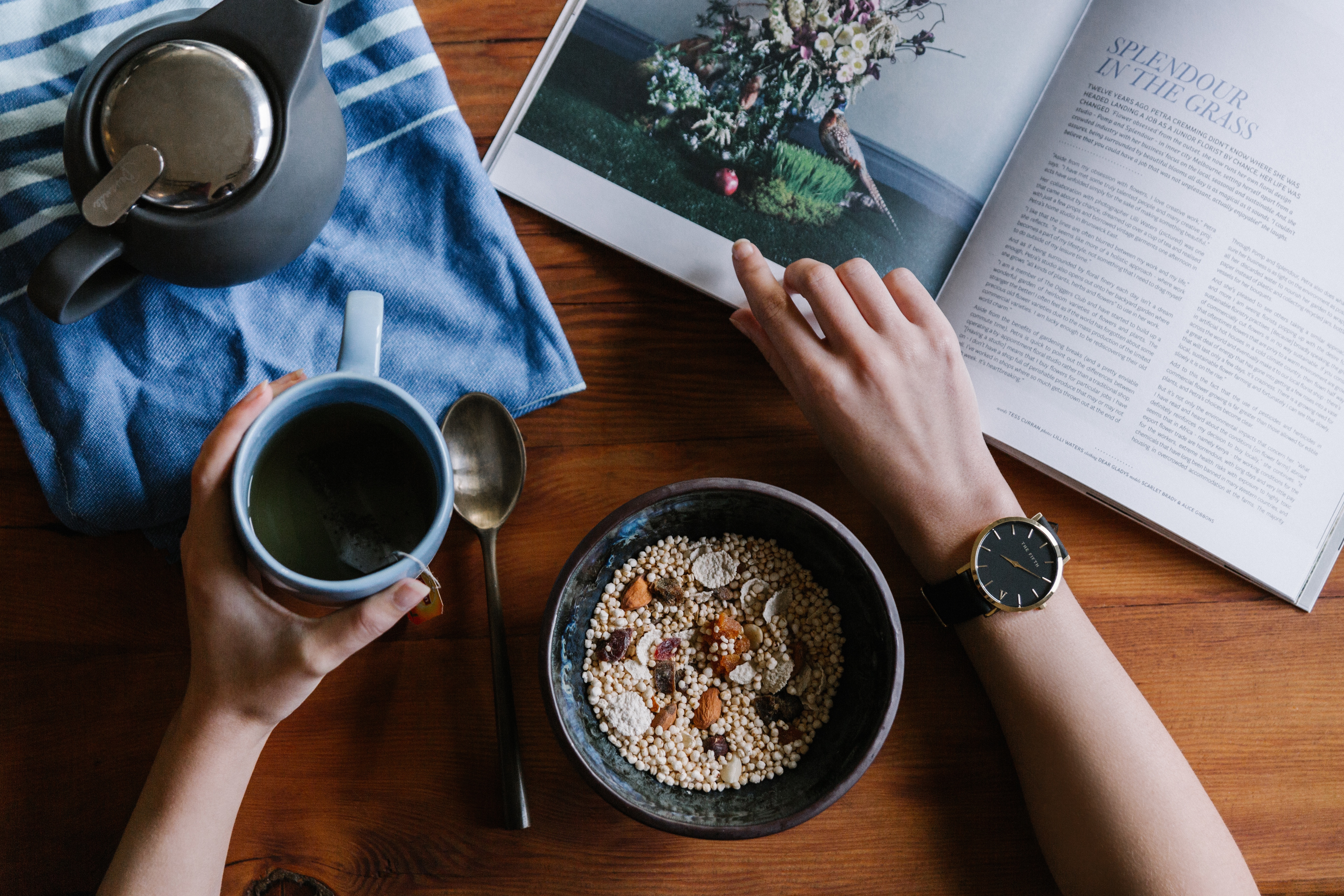Jen had recently decided to become a vegan and transition to a plant-based diet. She was excited about this new way of eating until her family became concerned about her getting enough iron.
They had always heard that eating animal protein was the best way to get iron, so if Jen were to give up all meat, wouldn’t she miss out on this nutrient? Wouldn’t she become anemic?
After all, iron is essential for carrying oxygen throughout the body, performing routine body functions, and is especially valuable when it comes to brain health.
Jen had already done her research and discovered there are so many plant-based foods that are rich in iron as well as iron-enhancing vitamin C and organic acids that help boost immunity and overall health.
As she explained this to her family, they became encouraged. Additionally, she explained to them that a plant-based diet can actually help you absorb iron more efficiently than a diet where dairy and eggs are consumed.
It’s a common misconception to assume that those who don’t eat meat miss out on iron. In reality, those on a plant-based diet are rarely iron-deficient due to these 7 plant-based sources of iron.
25+ PLANT-BASED SOURCES OF IRON
1. BEANS AND LENTILS
- Lentils contain 3.3 mg per ½ cup.
- Kidney beans contain 3.3 mg per ½ cup.
- Chickpeas contain 2.4 mg per ½ cup.
- Lima beans contain 2.2 mg per ½ cup.
- Black beans contain 1.8 mg per ½ cup.
- Pinto beans contain 1.7 mg per ½ cup.
2. GRAINS
- Quinoa contains 2.1 mg per ½ cup, cooked.
- Brown rice contains 1.5 mg per ½ cup, cooked.
- Oats contain 1 mg per ½ cup, cooked.
- Bulgur contains 1 mg per ½ cup, cooked.
3. GREEN VEGETABLES
- Spinach contains 6.4 mg per 1 cup, cooked.
- Swiss chard contains 4 mg per 1 cup, cooked.
- Turnip greens contain 3.2 mg per 1 cup, cooked.
- Beet greens contain 2.7 mg per 1 cup, cooked.
- Brussel sprouts contain 1.9 mg per 1 cup, cooked.
- Peas contain 2.4 mg per 1 cup, cooked.
4. STARCHY VEGETABLES
- 1 medium baked potato contains 1.7 mg.
- Pumpkin contains 1.7 mg per half cup, cooked.
5. FRUITS
- Dried apricots contain 1.5 mg per ¼ cup.
- Raisins contain 1 mg per ¼ cup.
- Half an avocado contains 1 mg.
6. NUTS AND SEEDS
- Tahini (sesame seed paste) contains 2.7 mg per 2 tablespoons.
- Pumpkin seeds contain 2.5 mg per 2 tablespoons.
- Sunflower seeds contain 1.2 mg per 2 tablespoons.
- Cashews contain 1 mg per 2 tablespoons.
7. MOLASSES
- Blackstrap molasses contains 3.5 mg per 1 tablespoon.
RECOMMENDED DAILY IRON INTAKE
Now that you have discovered a wealth of plant-based iron sources, how much should you be getting each day?
Women and men ages 19 and older should aim to get 17.0 – 18.9 mg and 19.3 – 20.5 mg of iron per day, respectively.
TO WRAP IT UP
As you can see, there are plenty of plant-based foods that are very rich in iron. With just a few servings from the above categories each day, you can easily get your recommended daily amounts and then some!
What are some of your favorite foods on this list? Share in the comments below!
Interested in learning more? Check out these 5 Spices You Need To Be Eating.

+ show Comments
- Hide Comments
Free Resources
Take A Look at the latest from ITN:
Courses
add a comment